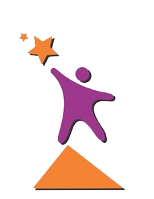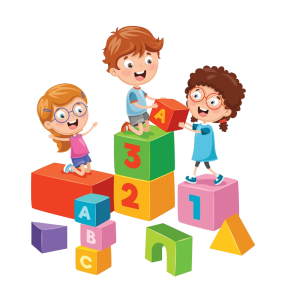
Loading...

Loading...

“I NEED TO LISTEN WELL SO THAT I CAN HEAR, WHAT IS NOT SAID”- Thudi Madonsela
The communication skills that babies learn in their first year set the stage for success in developing reading, writing, and social skills later in life. From the first smiles, gurgles, and coos to learning to say "mama" or "dada," babies love to communicate with their own form of baby talk. And they hope you'll "baby talk" right back.
Usually we as an adult miss the developmental milestones of communication and start thinking that, “Abhi tak thik se bolna nahi sikha, ek saal ka ho gaya.”
Communication and language development goes beyond just talking. It includes all the ways children understand and express themselves—spoken words are just one part of it. In the early years, a child's brain develops rapidly, building the foundation for future learning. Even before they can speak clearly, babies begin to grasp the meaning of what’s being said to them.
They also absorb emotional tone, for eg, agar hum gusse mein baat karenge toh, baby rone lagega; Hum softly smile karenge toh our babies will reward us with their cute laughter. Same you must have seen that few children speak so beautifully and softly and express very well, that can happen only when they have listened the same language since when they took birth.
So, encourage baby's early attempts to communicate with you with loving attention.
Babies communicate through their cries, coos, facial expressions, and body language long before they say their first words. From birth, babies begin to develop two sets of communication skills: receptive skills and expressive skills.
Receptive communication is the ability to receive and understand a message from another person. Babies demonstrate this skill by turning their head towards your voice.
From birth, infants use facial expressions, sounds, gaze and gestures with their bodies to let you know how they feel. In the first six months, their understanding of words and ability to communicate through gurgles, coos and repeat sounds like “baba” increases. With time they try to communicate with their baby talks.
Having conversations from the start, forms a foundation for vocabulary and social skills that enhances success in school and life. All kids are born with LAD (Language acquisition device) which contains universal grammar to help the children acquire any language/s till the critical period (birth-6years). So, it is in our hand to providecommunication rich environment toour children.
Parents, family members, and caregivers are children’s most important teachers and communication models. But it doesn’t take apps, videos, or other special tools to make the most of this crucial time. Your everyday interactions with your children help build their brains and support their communication development. Usually Parents have lot of expectation from children, wherein they forget the child learns while listening to them too.
Right from the start, baby talk should be a two-way street.
REMEMBER Reach child has his/her pace of learning language but have their own set of ways to communicate. As an adult it’s our duty to understand those communicating cues and respond. The encouragement and motivation that we provide will act as a catalyst in developing communication skills in our children.
